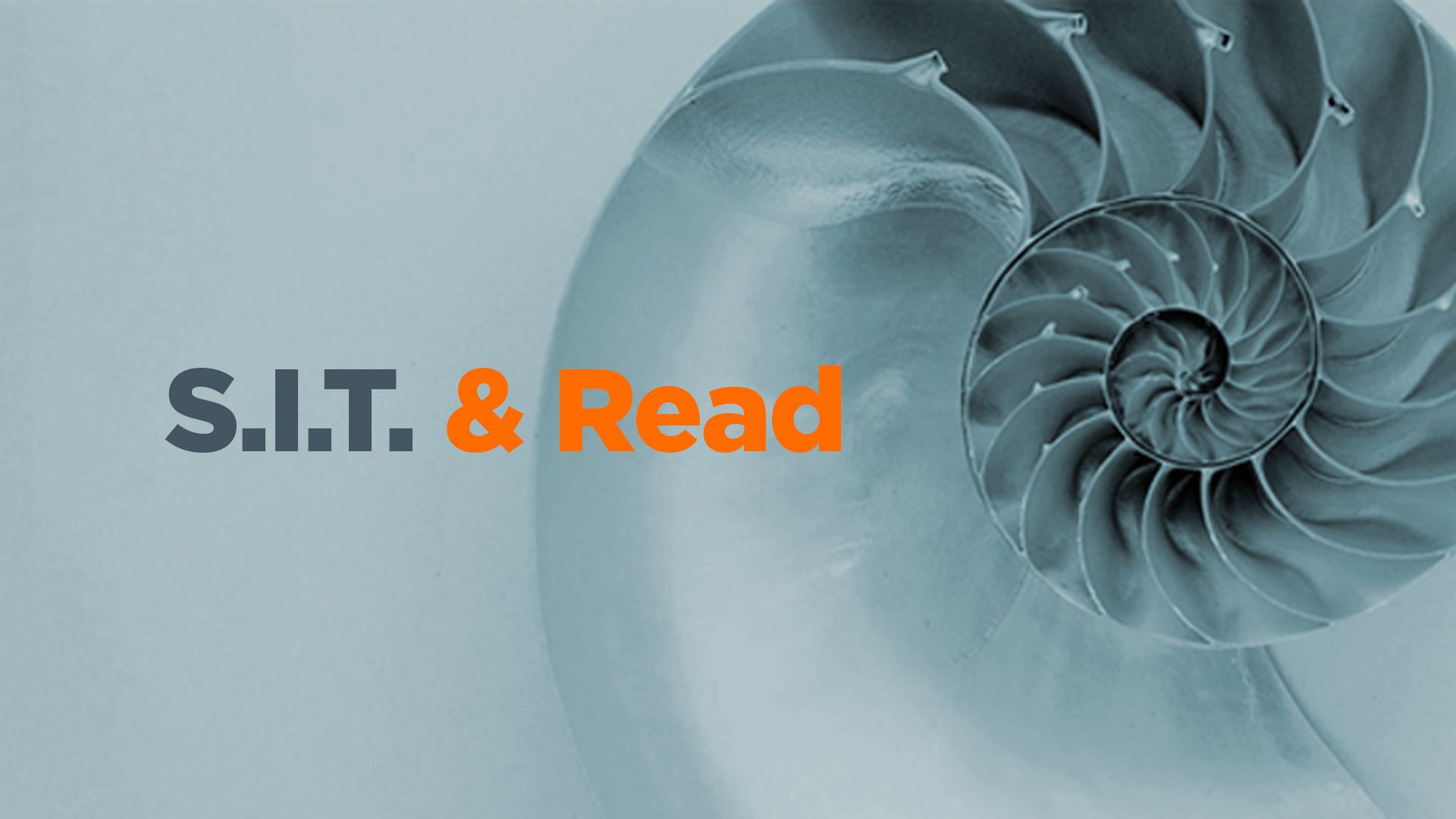Place a check mark beside the statement you agree with most.
1. A. Innovation occurs by adding features to a product.
B. Innovation occurs by taking features out of a product.
2. A. Innovation is finding problems that are solved by hypothetical solutions.
B. Innovation is finding solutions to difficult problems.
3. A. I am more likely to innovate when I work alone.
B. I am more likely to innovate when I work in a group.
4. A. Innovation is more about creating novel ideas.
B. Innovation is more about selecting the best ideas.
5. A. When I innovate, I “brainstorm” ideas out of my head.
B. When I innovate, I apply patterns to find ideas.
6. A. Innovating is predictable and not risky.
B. Innovating is unpredictable and risky.
7. A. The ability to innovate is a gift that you are born with.
B. The ability to innovate is a skill that you can learn.
8. A. I prefer ambiguity when pondering new ideas.
B. I prefer clarity when pondering new ideas.
9. A. The Post-It Note is a good example of innovation because it was spontaneous.
B. The Post-It Note is a bad example of innovation because it was spontaneous.
10. A. I feel responsible for innovating new ideas.
B. I feel others are responsible for innovating new ideas.
11. A. Innovating is a random, improvisational, back-and-forth experience.
B. Innovating is a systematic, linear experience.
12. A. Constraints on resources like time and money drive innovation.
B. Constraints on resources like time and money inhibit innovation.
13. A. Homogeneous groups are more likely to innovate.
B. Diverse groups are more likely to innovate.
14. A. Innovation can be scheduled. It can occur anytime I want.
B. Innovation cannot be scheduled. It occurs randomly.
15. A. Innovation is an unstructured process.
B. Innovation is a patterned, “templated” process.
Scoring:
For odd numbered questions, give yourself one point for each “B” statement.
For even numbered questions, give yourself one point for each “A” statement.
How do you rate? Here is a general guideline:
- 11 to 15 points: Consider yourself an innovator.
- 6 to 10 points: Innovating is a mixed bag for you, but you may be headed in the right direction.
- 0 to 5 points: Innovation is a mystery to you. Consider formal training.
